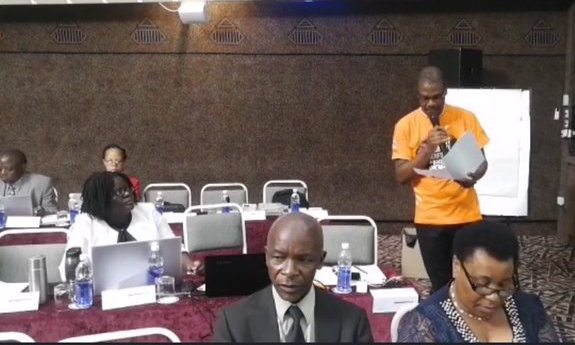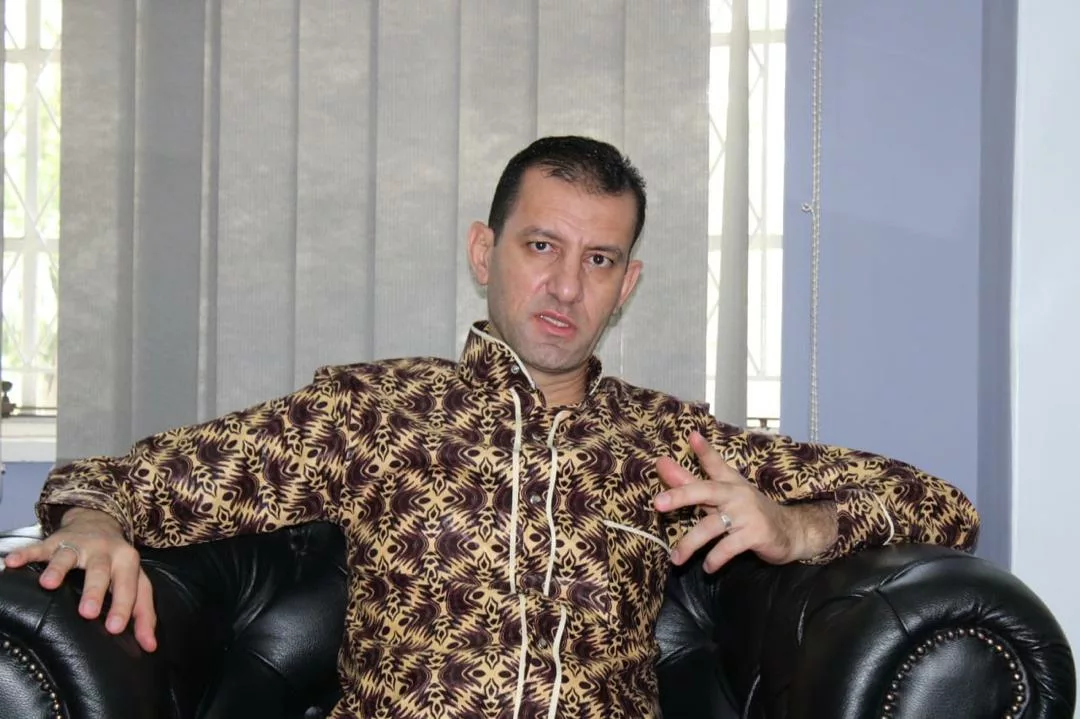The Zimbabwe Human Rights Commission (ZHRC) has engaged stakeholders to map strategies in the process of an inquiry on the access to documentation in Zimbabwe.
This emerged at a workshop that was aimed at strategising on a public inquiry that the ZHRC seeks to undertake from the 11th to the 16th of November in Harare.
“We have gathered here to better inform on the public hearings that we hope to undertake on the 11th to the 16th of this week so as to generate knowledge on the issues related to the accessing of documentation in Zimbabwe with particular interest to Harare. The process has already gone through the other provinces and we hope the Harare hearings will be informative and usher in redress mechanisms,” Cathrerine Kampila, the Provincial Development Coordinator Harare for Province said.
The workshop also sought to generate understanding on the issues that affect the Harare residents in relation to accessing registration documents as well as mapping response mechanisms.
“There is need to understand the challenges we face if ever we are to see the change of people’s circumstances. This is a good initiative that comes at the right time,” Admire Munava, a Human Rights Officer with ZHRC said.
The Zimbabwe Human Rights Commission is a constitutionally mandated commission that is aimed at protecting and promoting Human Rights in Zimbabwe. The Zimbabwe Human Rights Commission is a hybrid institution, that is to say it serves two main functions to protect and promote human rights issues, said Trust Siphuma, a Human Rights Officer with the ZHRC.
The consultative meeting underscored the objectives of the national inquiry as mainly the generation of information and data that will inform on the necessary adjustments in the access to registration documentation process.
“The consultative workshop can be broadly thought as seeking to share the overview of the national inquiry project, public hearing as well as improve and increase access to documentation for citizens in Zimbabwe specifically Harare.” Siphuma said
The consultative workshop came up with five districts of Harare that will be consulted to generate information on the community challenges before the public hearing.
“We have to categorise the Harare Districts into five as we have five consultative teams that will be going on the ground next week to engage all the districts of Harare. The districts, as we have agreed here, are Epworth- Ruwa, Chitungwiza, Tafara-Borrowdale (Harare North), Highfields-Kuwadzana and CBD-Southlea Park,” Priscilla Mbanga the Director, Monitoring and Inspections Department said.
The community consultative meetings will be followed by a public hearing that will be attended by stakeholders and individuals facing documentation challenges.
“The consultative meetings next week will be followed by the public hearings that will avail opportunities for those facing challenges in accessing documents to explain their challenges so as to map redress. NGO’s and Community based organisations will also be given the chance to present their realisations,” Siphuma added.
The consultative process comes at a time when the country is facing challenges in passport production owing to lack of material and equipment as well as a growing backlog.






